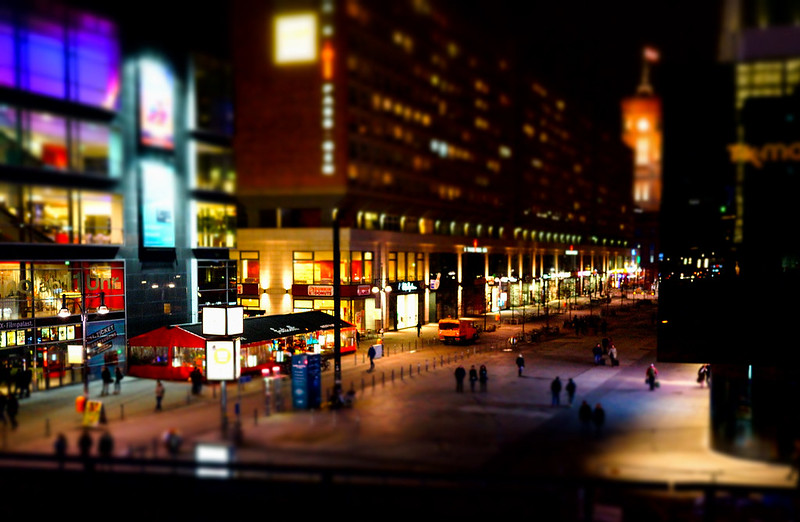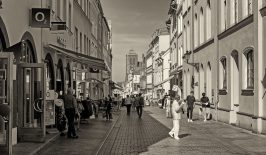Frequently, it has been large corporations and businesses which have taken the lead in the conceptualisation of large scale ‘smart city’ projects. Major construction companies are developing the housing blocks of the future, while automobile giants, such as BMW, also want to ensure they have stake in modern transport infrastructure which may make traditional vehicles less attractive.
Although the money and business clout of these corporations is great to push forward the agenda of smart cities, their domination of the concept could also lead to a situation in which the voices of the real inhabitants of the cities are alienated. Luckily, a grassroots campaign to change this has been in place for the last few years, and it’s already having results.
Making Sense of Smart Cities
Making Sense, an EU-funded NGO based out of Amsterdam, has spent the last two years empowering the citizens of several European cities to take the future into their own hands.
As their name suggests, Making Sense first concentrated on producing sensors which allowed city dwellers to monitor the environmental conditions of their cities. Armed with this data, grassroots campaigners can then address the city authorities, backing up their claims and requests with hard data that previously may have eluded them.
For example, one particular project, based off the Making Sense platform, has sprung up in Barcelona to tackle noise pollution in one of the city’s most popular party spots. In recent years, the Plaza del Sol in Barcelona has become a magnet for young people looking to party until the small hours of the morning. Although their attention has brought a lively vibe to the area, it has also brought large amounts of noise, litter and sleepless nights to those who live around the square.
Using Making Sense’s open source hardware, a fabrication laboratory in Barcelona handed out sensors to locals who placed on them on balconies and window sills. They discovered that the noise levels of the square at night frequently reached 100 decibels, which is roughly equivalent to the sound of a jackhammer and far in excess of the World Health Organizations guidelines.
By backing up their complaints with hard data, locals were able to petition the local government to take action – moving on revellers at 11pm and reworking the plaza to make it more amenable to inhabitants and not just party-goers. Other experiments have also been carried out to monitor air pollution in Amsterdam and Prishtina.
The mind behind the Barcelona experiment, Tomas Diez, does not see the concept simply ending with sensors, instead he sees the Making Sense concept as the backbone of a new urban, community-based economy. Talking to the BBC, Mr Diez stated:
“We are trying to build a new productivity model for society, creating a new sustainable economy in cities where people can prototype and test ideas. We wanted to end this top-down approach where cities go to companies and ask them to build infrastructure and then pretend that is a smart city.”
Ultimately, he sees such open source software and hardware leading to a new digital “citizen-based infrastructure” whereby inhabitants of smart cities can use technology to grow their own food, or even 3D print products. Not only does this return agency to individuals, but it can also have an environmental impact by reducing our dependence on industrially produced and transported goods.
With the success of Barcelona under his belt, Diez has since joined a large global collective which hopes to expand the concept of grassroots data gathering to cities across the world, including in China, India, Europe and North America.






